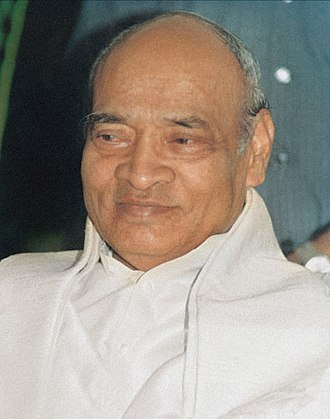
India's journey with the #Olympics started at a sports meet of the #DeccanGymkhana Club in #Pune in 1919.
Sir Dorabji Tata was so impressed with the performance of the athletes that he decided to personally finance a team for the Antwerp games (1920).
business-standard.com/article/sports…
Sir Dorabji Tata was so impressed with the performance of the athletes that he decided to personally finance a team for the Antwerp games (1920).
business-standard.com/article/sports…
The Deccan Gymkhana Sports Club, #Pune was set up as far back as 1906, with a vision to provide good sports facilities to the local population (clubs back then were exclusively for the British). One of the key persons involved in this was Lokmanya Tilak.
deccangymkhana.co.in/history/
deccangymkhana.co.in/history/
100 years of India at the Olympics… Deccan Gymkhana honours Punekar Olympians in memory of how it all began
On November 8, 1919, the Indian Olympic Association was formed at the Deccan Gymkhana
hindustantimes.com/cities/100-yea…
On November 8, 1919, the Indian Olympic Association was formed at the Deccan Gymkhana
hindustantimes.com/cities/100-yea…
"What started primarily as a cricket club later expanded to include athletics, wrestling, and scout training in the years 1916-1917. Shri Bhagwat of Deccan Gymkhana propounded the participation of an Indian team for the Olympics."
deccangymkhana.co.in/history/
#Pune #DeccanGymkhana

deccangymkhana.co.in/history/
#Pune #DeccanGymkhana


"After many pursuing meetings with Sir George Lloyd (British Governor, Bombay Province) and Shri. Dorabjee Tata in 1920, India was represented in the Antwerp Olympics. The selections for the athletics and wrestling teams were conducted at Deccan Gymkhana."
#Pune #DeccanGymkhana
#Pune #DeccanGymkhana
"The attraction of sports leads to the formation of a residential colony around the sporting field. The then town planning officer Mr Moyerson and Shri T.V. Talim worked at developing a plan where large areas were allocated for cricket, tennis courts, wrestling, and a gymnasium."
"The stone for construction of the first Res. Co-op Hsg Soc. in the then Bombay Province was quarried. The quarry unearthed large streams of underground water sources. The same quarry was then converted to the first swimming tank in #Pune (Tilak Tank in 1921)."
#DeccanGymkhana
#DeccanGymkhana
"1927-28 saw the introduction of indoor sports like Billiards and Card Games like Contract Bridge. VanitaVishram a club exclusively for women was started in the year 1931."
deccangymkhana.co.in/history/
#DeccanGymkhana #Pune
deccangymkhana.co.in/history/
#DeccanGymkhana #Pune
• • •
Missing some Tweet in this thread? You can try to
force a refresh










